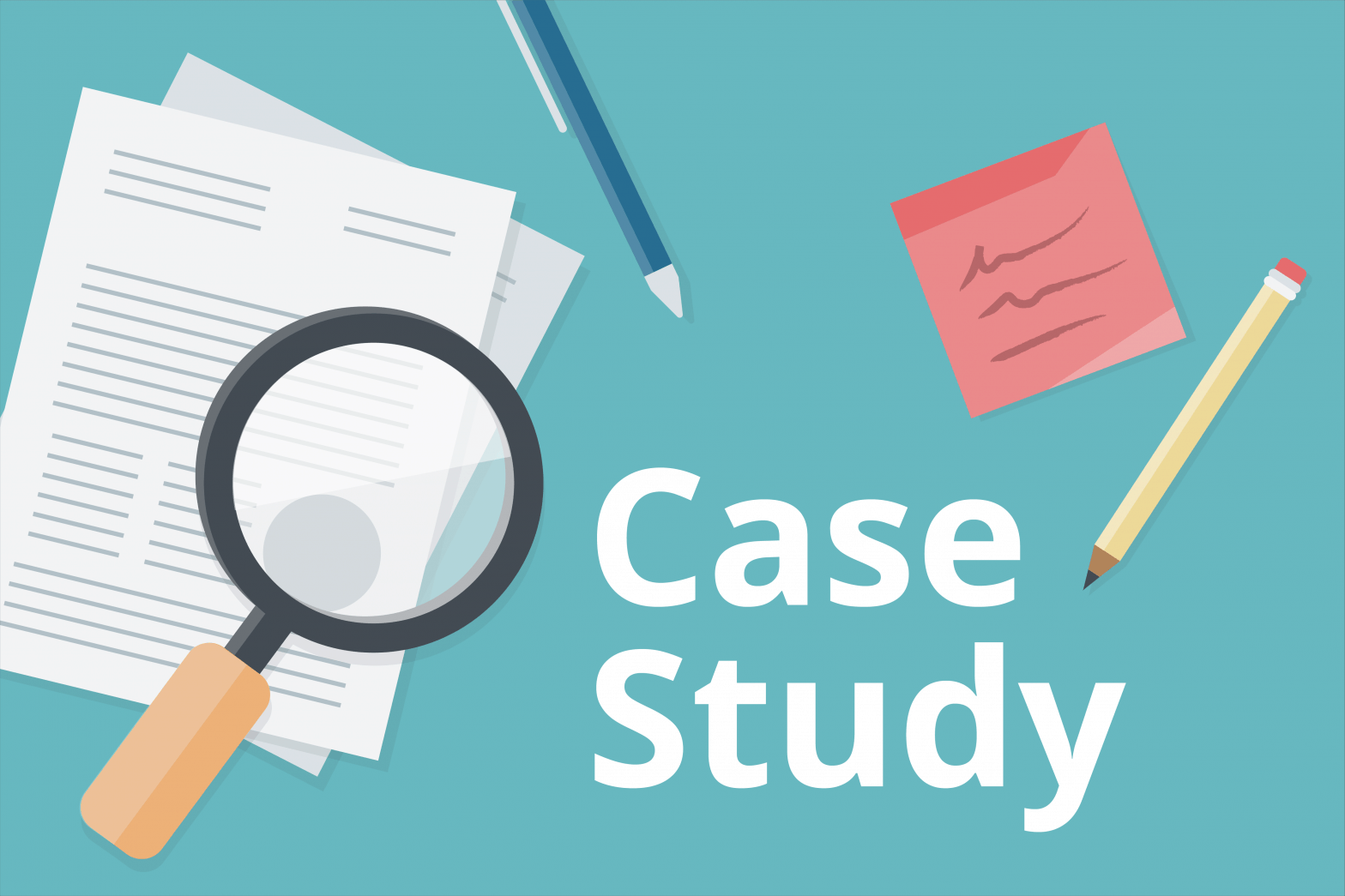 Amelia, 16, is starting her first part-time job this year. Amelia’s parents would like to get her to start forming good financial habits and into the habit of saving for the future. So they asked their tax advisor for the most tax-advantaged options. Their tax advisor suggests a Roth IRA, which can be perfect for teenagers because they likely have many decades to let their accounts grow tax-free.
Amelia, 16, is starting her first part-time job this year. Amelia’s parents would like to get her to start forming good financial habits and into the habit of saving for the future. So they asked their tax advisor for the most tax-advantaged options. Their tax advisor suggests a Roth IRA, which can be perfect for teenagers because they likely have many decades to let their accounts grow tax-free.
Roth IRA contributions are not deductible, but if Amelia earns no more than the standard deduction for singles ($12,000 for 2019) and has no unearned income, she will pay zero federal income tax anyway. So the tax-free treatment of future qualified distributions will be well worth the loss of any current deduction.
If Amelia doesn’t want to invest too much of her hard-earned money, and if her parents are feeling generous, they could give her the money to contribute. For example, if Amelia earns $6,000 for the year, her parents could give her, say, $5,000 so she could contribute the full $6,000 she is eligible to contribute, if she contributes $1,000 of her own earnings. This would still leave her with the $5,000 to spend as she wishes (or save for a shorter-term goal) and on her way to establishing good saving habits.
 For more information about how to form good saving habits, contact Scott M. Heyman, CPA, CFP at 315.701.6416 or [email protected].
For more information about how to form good saving habits, contact Scott M. Heyman, CPA, CFP at 315.701.6416 or [email protected].
Grossman St. Amour CPAs PLLC has been in business for over 60 years! As a certified public accounting firm located in central New York, Grossman St. Amour CPAs provides businesses and individuals with accounting, audit, taxation, business planning and valuation, financial planning, investment consulting, and fraud examination and deterrence services. For more information about how Grossman St. Amour CPAs PLLC can be of service to you, contact [email protected], or call 315.701.6350.
Our firm provides the information on this website and social media platform for general guidance only, and does not constitute the provision of legal advice, tax advice, accounting services, investment advice, or professional consulting of any kind. The information provided herein should not be used as a substitute for consultation with professional tax, accounting, legal, or other competent advisers. Before making any decision or taking any action, you should consult a professional adviser who has been provided with all pertinent facts relevant to your particular situation. Tax articles on this platform are not intended to be used, and cannot be used by any taxpayer for the purpose of avoiding accuracy-related penalties that may be imposed on the taxpayer. The information is provided “as is”, with no assurance or guarantee of completeness, accuracy, or timeliness of the information, and without warranty of any kind, express or implied, including, but not limited to warranties of performance, merchantability, and fitness for a particular purpose.

